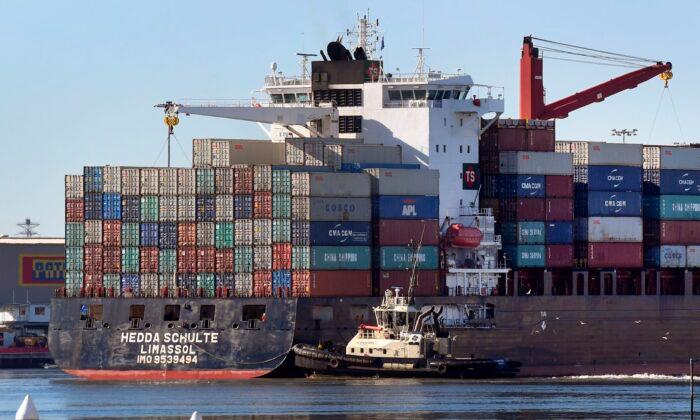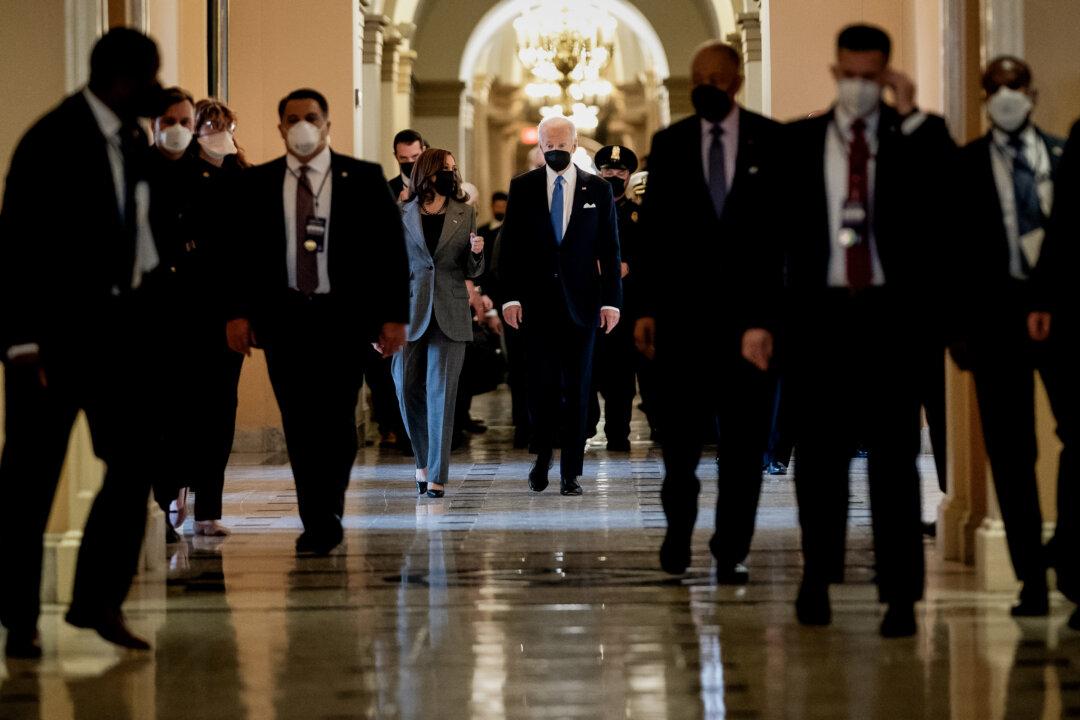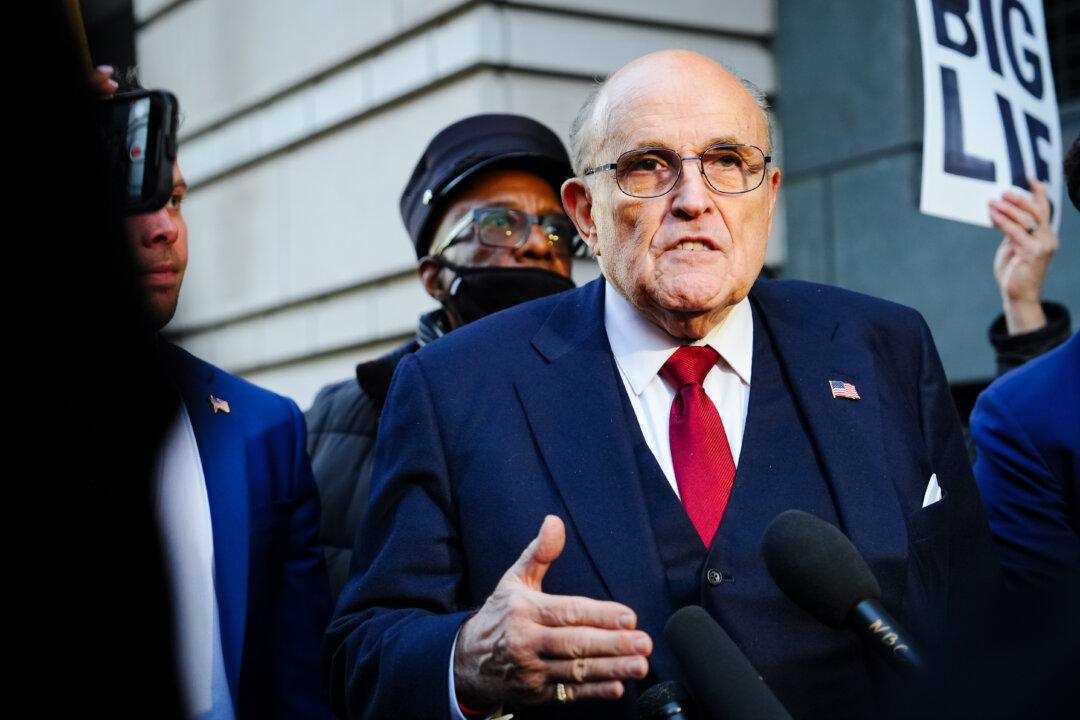A defence expert has said that Australia-China trade is strong because China’s economy needs Australian resources, and not, as the deputy prime minister asserted, because “we have a great relationship” with the communist nation.
After the Morrison government offered a pathway to residency for skilled Hongkongers, Beijing accused Australia of “gross interference” in its domestic affairs. However, Deputy Prime Minister Michael McCormack downplayed the situation, asserting that the two countries share a “great relationship.”
“It’s giving people choice. I’m sure China understands that,” he told ABC radio on July 10.
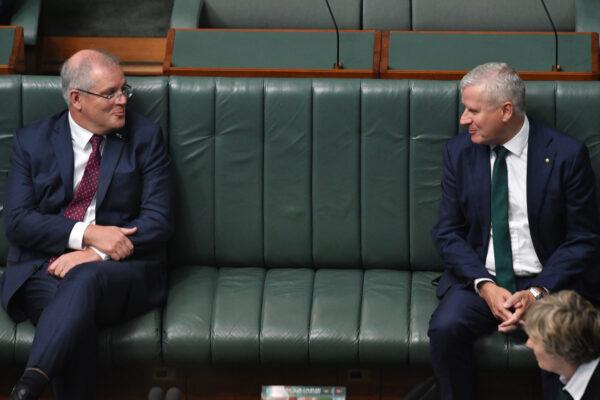
McCormack said Australia would use diplomatic channels to work through issues with China, conceding relations were “a bit fractious” after being pressed.
“There is always going to be hiccups. At the moment, times are a little bit difficult,” McCormack said. “We'll work through those in the proper ways.”
“We’ve got a great relationship with China and that will continue,” he said.

“It’s just that they don’t like Australia’s decision because it opposes Beijing’s breach of the international commitments China made in the 1984 [Sino-British] Joint Declaration,” he said.
Despite Beijing’s threats and its economic coercion over Australian barley imports, Shoebridge agreed that Australia’s trade with China was in a strong position.
“But that’s not because we have a great relationship,” he said. “It’s because China’s economy needs Australian resources. That shows limits to Beijing’s coercion.”
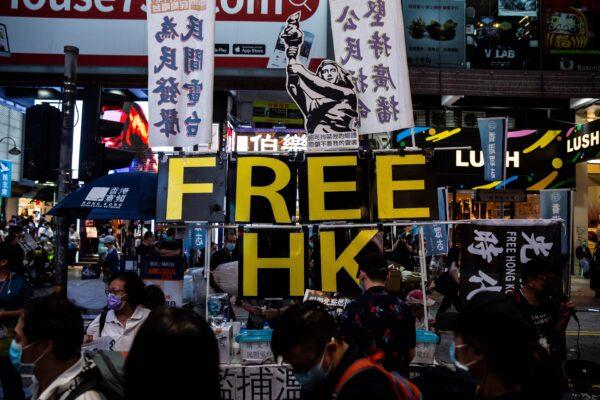
The prime minister said the law undermined Hong Kong’s independence from the CCP’s rule in mainland China that was guaranteed for 50 years from 1997 under the legally binding “One Country, Two Systems” framework agreed to as part of the Sino-British Joint Declaration.
Shoebridge said: “Australia is not alone in wanting the Chinese government to be able to be trusted when it makes commitments as it did in 1984.”
